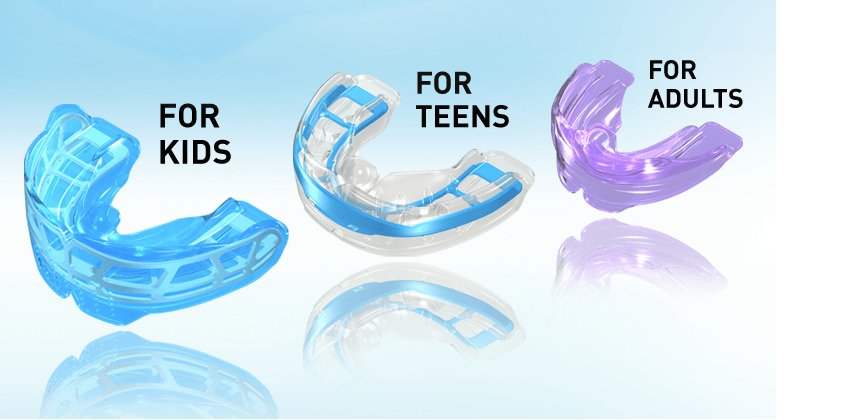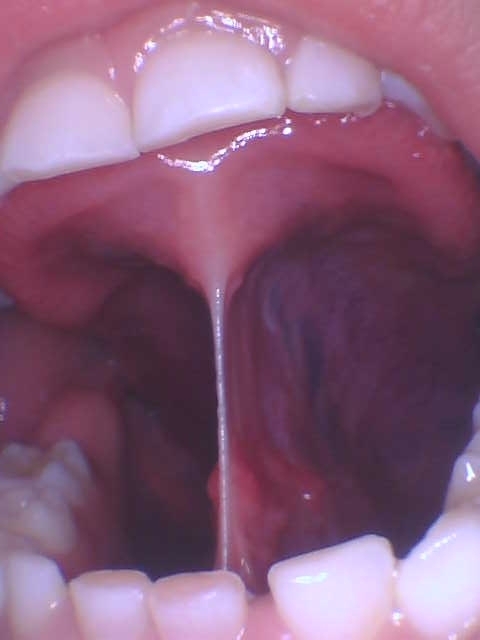
Myofunctional Therapy and Lip/Tongue Ties
Myofunctional Therapy is a practice of understanding how orofacial muscles can influence your teeth, speech, and breathing. A tongue-tie is a restricted lingual frenum, the line of tissue under the tongue, or a tethered oral tissue (TOT). In some people, the frenum is too tight or too short, and it can restrict movement of the tongue, as well as prevent it from resting in the correct place. Lips can be tied as well.
Myofunctional Therapy (MFT)
MFT can include muscle exercises to help retrain the lips, tongue and facial muscles to break improper tongue habits and encourage muscles to grow and develop for proper airway health and oral rest posture. For younger patients it can aid in the growth and development of the palate, gaining space for teeth and function of the muscles of the tongue and face assisting in growth and development.
Myobrace®System
The Myobrace®System is an interceptive pre-orthodontic treatment that helps address crooked teeth. Often without braces or tooth extraction, unlocking natural teeth growth and development. Treatment involves using a series of removable retainers that are worn for 1 to 2 hours each day, plus overnight.
Mini-Myo Program for Ages 3 to 6
These set of beginner exercises focus on nasal breathing, tongue position and swallowing. This program includes the use of a myobrace or myomunchee appliance. These aid in establishing ideal function, nasal breathing and resting tongue position. It also helps strengthen the muscles of the face, mouth and tongue to aid in proper growth and development.

Myofunctional Therapy and Myobrace®System helps:
- Correct poor oral habits
- Develop & align the jaws
- Straighten teeth
- Corrects mouth breathing
- Optimize facial development
- Improve overall health
- Promote healthy eating habits
Tongue-Ties and Lip-Ties

Tongue-ties were once considered only a problem for babies. We now know tongue-ties can affect children and adults of all ages. Releasing a tongue-tie is now an integral part of achieving optimal oral and dental health. The procedure, aka. frenectomy is simple, fast, painless, and lasting. People who are tongue-tied often mouth breathe, so they experience a variety of myofunctional problems and symptoms. Chronic jaw pain, facial pain, headaches, and clenching and grinding, along with dental and orthodontic issues are common. Children who are tongue tied are more likely to develop sleep apnea and airway issues. The tongue and oral muscles will need to be retrained and strengthened after the frenum is released. Your myofunctional therapist will prescribe a series of exercises to help strengthen and prepare the muscles of the tongue for the new range of motion they’ll experience post-surgery.
At Pure Dental, our myofunctional therapist, Katie W., can create a personalized treatment plan to help serve your needs. Call us today to set up an initial exam.
Contact Us